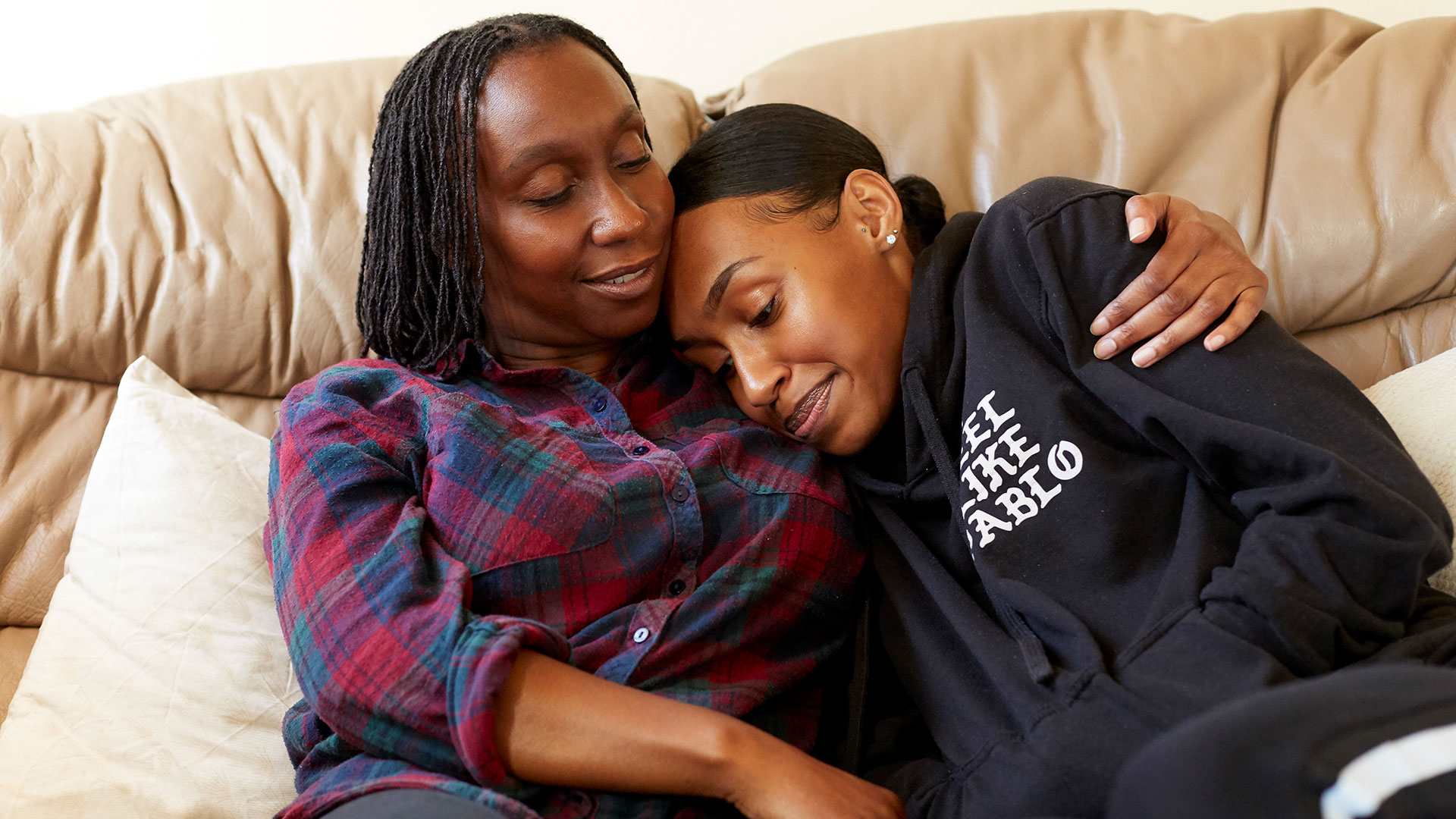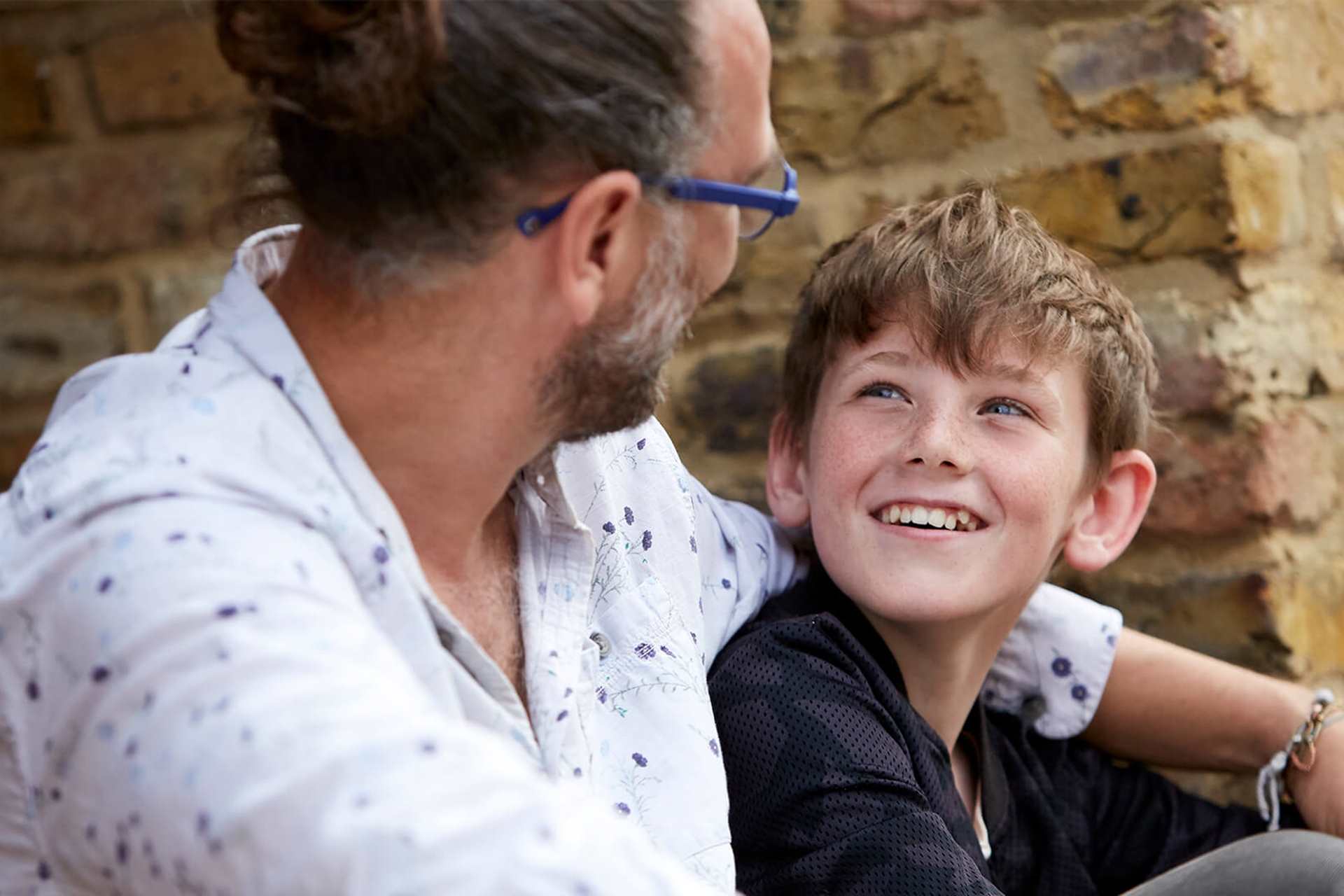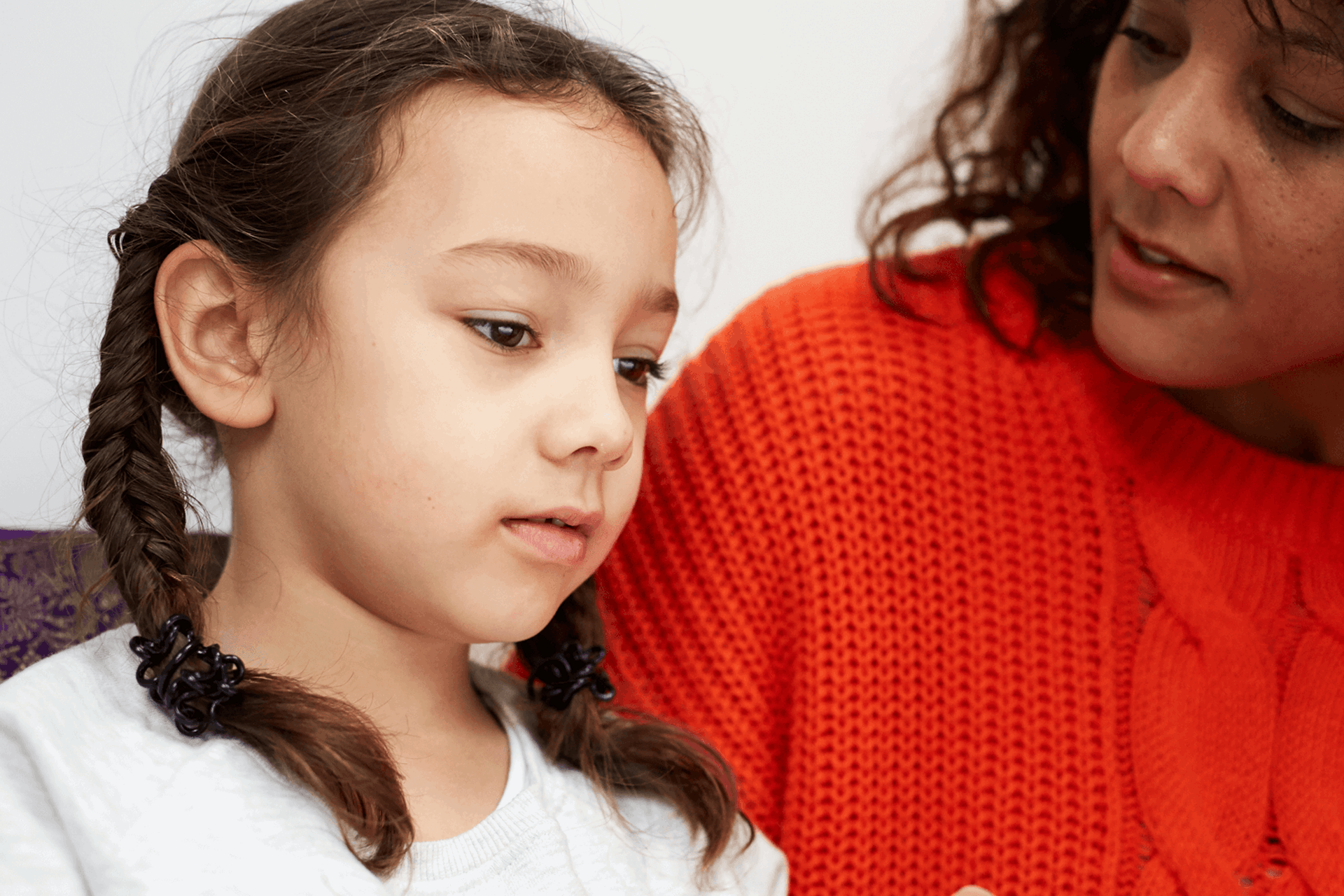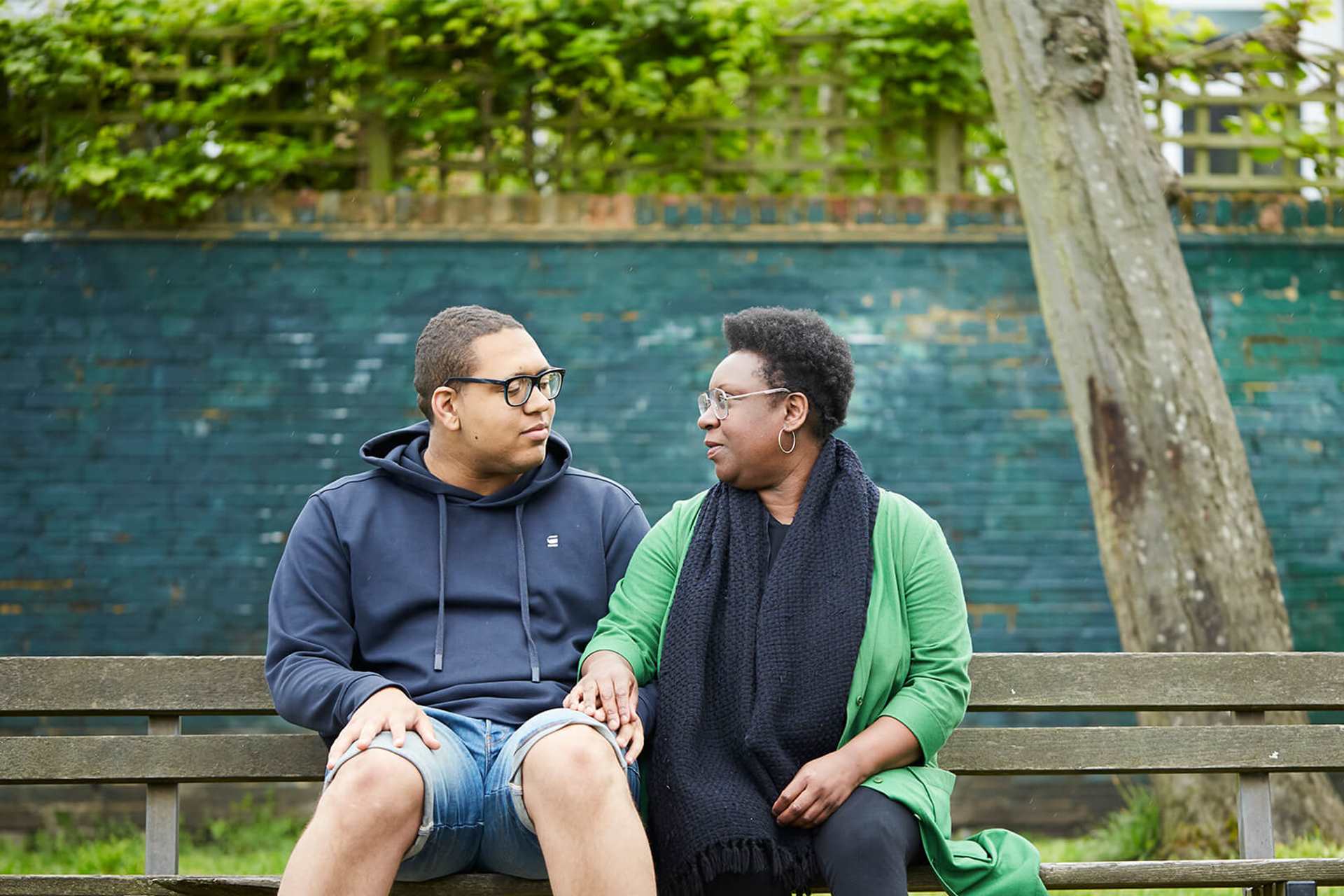Topics mentioned: bullying, school anxiety, challenging behaviour, how to talk to your child about mental health
How to spot the signs that your child is being bullied
Bullying affects many young people every year, and anyone can be bullied.
Here are some things to look out for, and signs that your child may be the victim of bullying:
-
Changes in behaviour
Is your child more upset, withdrawn or angry than usual? -
Changes in appearance
Is your child visibly sadder or more tired than usual? -
School refusal
Is your child more reluctant to go to school, or complaining of being physically unwell more than often? -
A drop in grades
Has your child's academic performance gotten worse for no clear reason? -
Cagey behaviour around social media
Is your child trying to hide what's going on for them on social media?
Sometimes there may be no signs, as your child may try to hide what's going on. What you can do as a parent is try to keep lines of communication with your child as open as possible. By focusing on listening and being non-judgemental, you can help them to feel they can talk to you about whatever is going on for them.
If you have a gut feeling as a parent that something's not right with your child, ask them about it in a gentle way. For more advice on how to start a conversation with your child about how they're feeling, as well as games and activities you can use to create a relaxed space to talk, have a look at our guide to starting a conversation with your child.
How to work with your child's school if they are being bullied
- Keep a log of incidents - This will help you during conversations with the school, and if you ever need to escalate the concern
- Try to maintain a positive relationship with the school - It can be frustrating if you don't agree with the way they are handling things, but working together will help you get the right support for your child
- Be patient but persistent - Schools have processes in place; it may feel as though progress is slow at times, so persistently following up with the school is the best way to ensure you are informed and action is being taken
- Don't be afraid to ask for supportive measures for your child if they're struggling - E.g. a timeout card, school counselling, introduction of a buddy system etc.
- Familiarise yourself with the school's anti-bullying policy - All schools are legally required to have an anti-bullying policy in place. Familiarising yourself with this may help in your interactions with the school
- Manage school attendance and refusal - Depending on the nature or level of the bullying, it can be a good idea to try to keep your child in school, as taking time off can make it harder for them to return. However, in some situations it’s very understandable that your child may want to take time off to keep themselves emotionally or physically safe – and this can be really difficult for you to manage as a parent. If you are keeping your child at home due to safety concerns, speak to the school’s safeguarding lead/officer and follow the steps above to make the problem clear to the school
- Escalate to more senior leadership if things are not improving
- Escalate to the governors if you are feeling unsupported by the school - You should be able to find their contact details on the school's website. If they're not available, you can request them from the school
Supporting your child
Here are some tips for supporting your child if they are being bullied:
-
Be clear that they are not alone
Let your child know that feeling bullied is not something they have to face alone, and that you want to help them get support. -
Ask about the positives
Ask your child about the good things that happened in their school day. Try to use this information to frame their days in the most positive way possible, while also acknowledging what they’re going through -
Encourage new interests and friendships
Encourage and support your child in developing interests and friendships outside of school. This may help increase their resilience and give them something to look forward to -
Encourage them to talk about their feelings
Don’t be upset if your child wants to talk to other adults or friends about the bullying - as long as they are talking to someone, it is a positive thing. If you’re worried that the bullying is having an impact on your child’s mental health or wellbeing, you can seek counselling for them through your GP or the school. -
Involve your child in decisions
Involve your child in the decisions that you make when dealing with the bullying, e.g. ‘How would you like me to take this problem forward?’ or ‘Is there a particular teacher you would prefer me to talk to?’ -
Make time for yourself
It’s really distressing to see your child struggling. You are best placed to help if you are well yourself, so make sure you think about how you can look after yourself and try to get help from your own support network.
More information and advice
Where to get help
-
NSPCC
Advice and support for anyone who is worried that a child is being bullied or cyberbullied.
If you are deaf or hard of hearing and have a webcam, you can contact them via SignVideo using British Sign Language (service Monday to Friday, from 9am to 6pm).
- Opening times:
- 8am - 10pm, Monday - Friday; 9am - 6pm at weekends
-
Youth Access
Provides information about local counselling and advice services for young people aged 11-25.
Put in your location and what you need help with into their 'Find help' search, and see what services are available in your area.
-
Family Line
Provides information and support around family issues, as well as longer-term help through Befrienders and Counsellors.
- Opening times:
- 9am - 9pm, Monday - Friday
Spread the word






